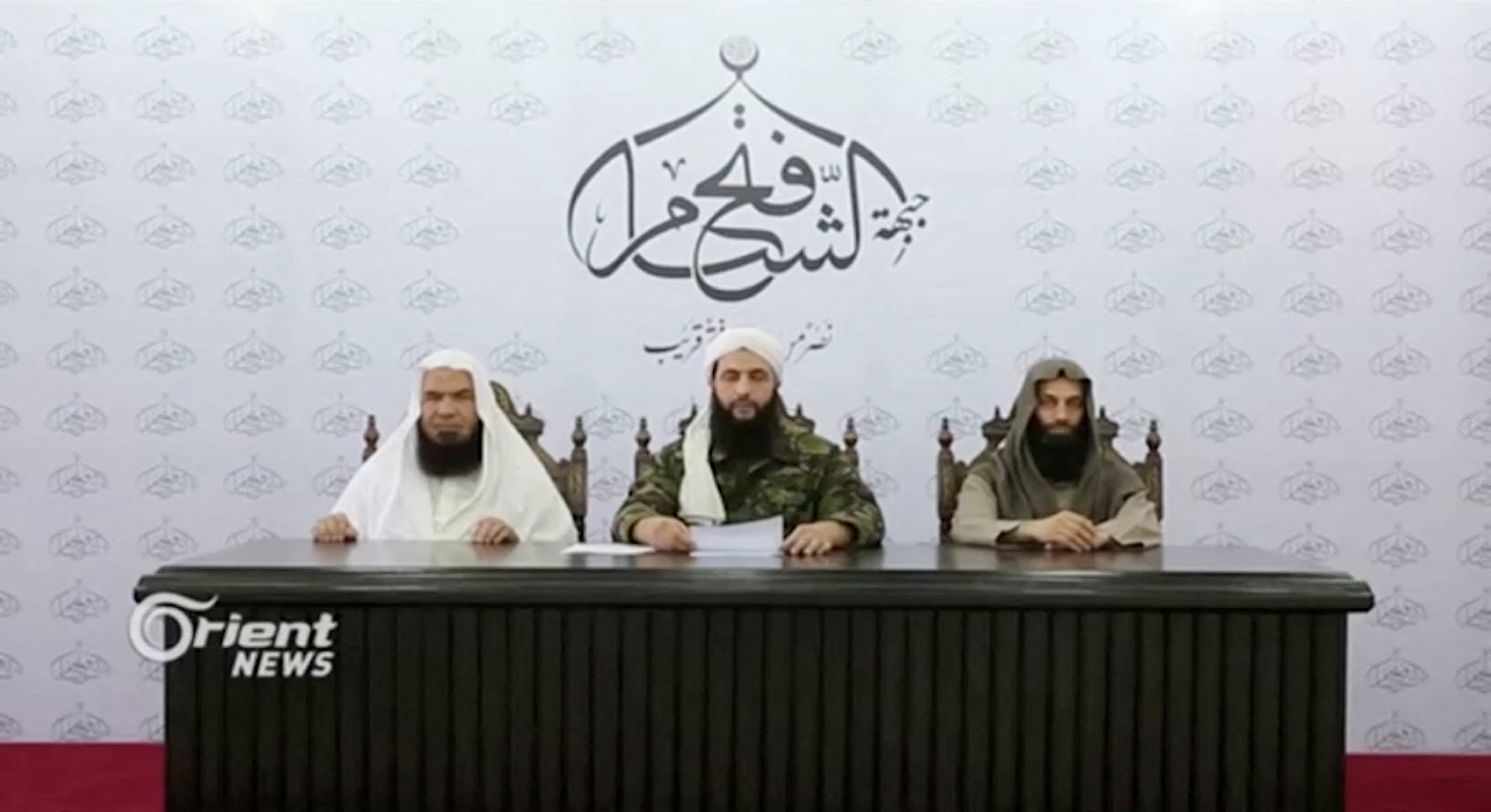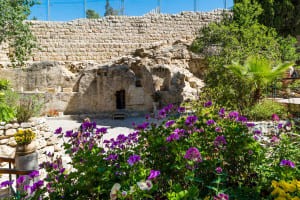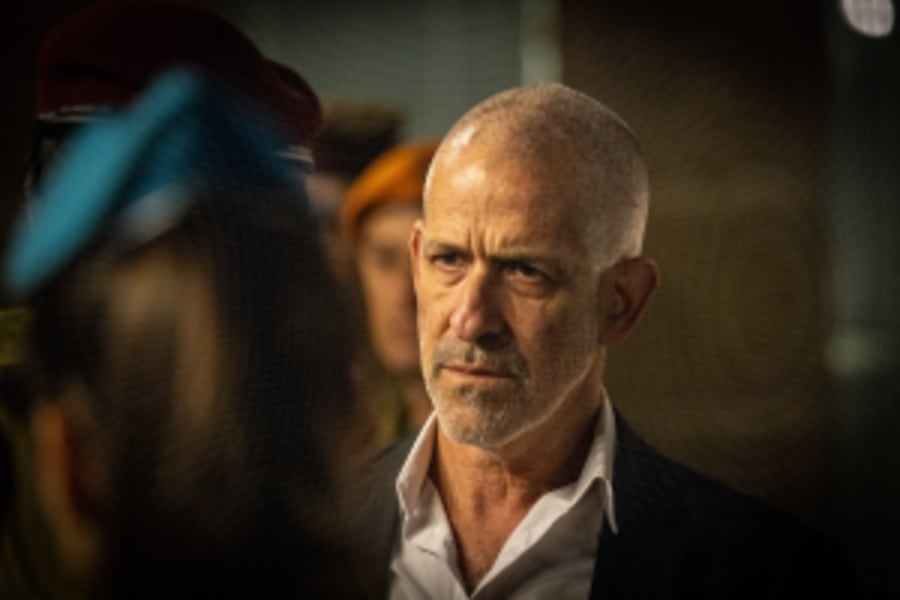Who is Abu Mohammed al-Jolani, leader of Syrian rebel group that overthrew Assad?
The rebel leader recently presented himself as a reformed, less radical leader

Following a week of successful offensive operations in Syria, one of which saw the Hayat Tahrir al-Sham (HTS) armed opposition group take the city of Aleppo in a lightning-fast raid, some of the most seasoned analysts regarding Syria have been taken by surprise.
On Sunday morning, HTS leader Abu Mohammed al-Jolani declared that its coalition forces had captured the capital city of Damascus mere hours after former Syrian dictator Bashar al-Assad fled the country in his private jet.
The fall of Damascus, and the surrender of hundreds of Syrian Army soldiers, brought an end to the Assad family rule after 54 years.
As the world begins to take stock of the new reality forming in Syria, many are asking: Who is HTS leader Abu Mohammed al-Jolani?
Originally born Ahmad al-Ashra while his father was working in Saudi Arabia, he adopted the pseudonym “al-Jolani” as a reference to his claimed family heritage in the Golan region, which was seized by Israel after the Yom Kippur War.
Al-Jolani is no stranger to conflict. In 2003, following the U.S. military invasion of Iraq under then-President George W. Bush, he traveled to the embattled country, joining al-Qaeda forces. This ultimately led to his arrest in 2006 and subsequent imprisonment by the United States.

After his release in 2011, al-Jolani returned to Syria and founded the al-Nusra Front of al-Qaeda. In 2013, when Abu Bakr al-Baghdadi, the leader of the Islamic State in Iraq and Syria (ISIS), announced the expansion of his group into Syria under the rebranded name ISIL (Islamic State of Iraq and the Levant), al-Jolani opposed the move, choosing to remain faithful to al-Qaeda.
This stance led to a bloody confrontation between the two groups, known as the “jihadist civil war.” Al-Jolani was officially designated as a terrorist by the United States following several incidents in which his fighters carried out attacks against minorities in Syria, including the 2015 massacre of 20 residents in the Druze village of Qalb Loze in the Idlib district.
However, in 2016, in an apparent attempt to rehabilitate his image, al-Jolani announced a split from al-Qaeda, rebranding his group as Jabhat Fateh al-Sham [Front for the Conquest of the Levant].
The following year, the group merged with another jihadist rebel group to form Hayat Tahrir al-Sham (HTS) [Organization for the Liberation of the Levant], which managed civil and municipal affairs in the group’s stronghold of Idlib.
At that point, al-Jolani declared that his group was solely focused on the liberation of Syria and had no interest in expanding to other countries, especially the U.S.
“I repeat – our involvement with al Qaeda has ended, and even when we were with al-Qaeda we were against carrying out operations outside of Syria, and it's completely against our policy to carry out external action,” al-Jolani announced at the time.
This was clearly an attempt to appease the U.S. government and remove his terrorist designation, however, al-Jolani accompanied the statements with genuine moves to improve the quality of life for Idlib residents, despite regular attacks from the Syrian regime and Russia.

HTS has also cooperated with international aid organizations, including the United Nations, as it did following the devastating 2023 earthquake, which struck near Idlib.
Alongside the development of a civil government, al-Jolani changed the character of HTS to more closely imitate a state-run military than a guerrilla fighting force, introducing specialized training and military drills more akin to a conventional army.
In his recent statements, especially since the taking of Aleppo, al-Jolani has presented a more moderate image, rejecting sectarianism and even notifying minorities, such as the Christian population in the city, that they had nothing to fear from his forces, along with a promise to respect the religious sites of minorities.
HTS issued an offer of safe passage to Kurdish forces in Aleppo wishing to leave the city and join other Kurdish groups, which have primarily been focused on fighting Turkish militia groups in northern Syria. He also promised not to engage in retaliatory attacks against Alawites, the Islamic sect to which the Assad family belongs.
After taking the city of Damascus, al-Jolani issued an instruction to his fighters not to fire their guns in the air in celebration due to the risk of injuring civilians.
Aron Lund of the think tank Century International told German news site 20 Minuten that while it’s not clear that al-Jolani has truly reformed, it is pragmatic for him to present himself in that light.
“The less panic there is at the local and international level, and the more al-Jolani appears to be a responsible actor rather than a toxic jihadi extremist, the easier his task becomes. Is he completely sincere? Certainly not," Lund said. "But it's the smartest thing you can say and do at the moment.”
While Abu Mohammed al-Jolani has said he has no interest in "external action," the very name of the group, and his pseudonym "al-Jolani" indicate that the group may decide to take a hostile stance towards Israel in the future.

J. Micah Hancock is a current Master’s student at the Hebrew University, pursuing a degree in Jewish History. Previously, he studied Biblical studies and journalism in his B.A. in the United States. He joined All Israel News as a reporter in 2022, and currently lives near Jerusalem with his wife and children.
You might also like to read this:















